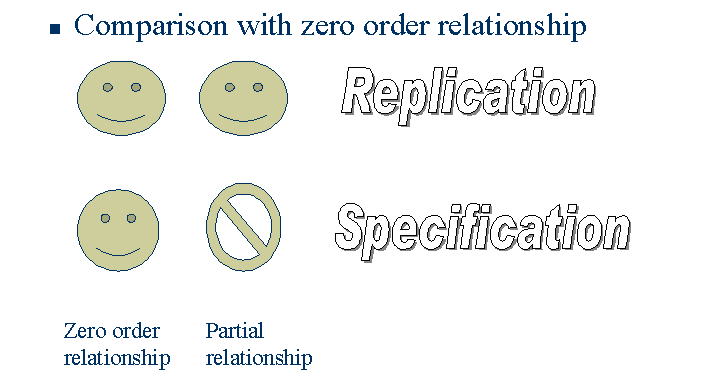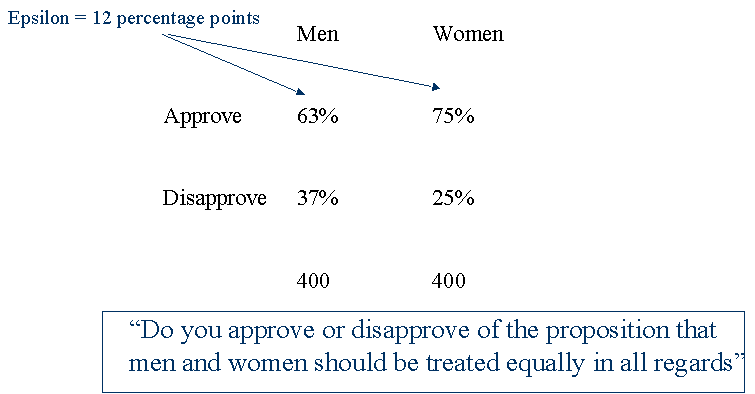Draws from the context or environment in which events occur
uses the natural setting
researcher does not remain remote
Slide 1
LIS 570
Qualitative Research
Slide 2
Definition
A process of enquiry that draws from the context in which events occur, in an attempt to describe these occurrences, as a means of determining the process in which events are embedded and the perspectives of those participating in the events, using induction to derive possible explanations based on observed phenomena
Slide 3
Features of Qualitative Research
Context
Description
Process
Participant perspective
Induction
Slide 4
Context
|
|
Draws from the context or environment in which events occur |
|
|
uses the natural setting |
|
|
researcher does not remain remote |
enters the context or situation to collect data
enhances this data through insights gained onsite
Slide 5
Context
Identify totally with your subjects
Experience what they are experiencing
Slide 6
Description
Describes occurrences
|
|
the ‘flavor’ of events is included in the research |
tape recorders, video cameras, notes, photographs, diaries, memos
verbal narratives from the participants
embellished by the researcher’s narrative
Slide 7
Process
Not just the result of events but the events themselves
understanding the process of events
how ideas become action
the reactions to actions
components of a process
richer and fuller understanding through immersion in the entire activity
Slide 8
Participant perspective
What do the people involved in a particular process think
what people believe
how people feel
how people interpret events
Often involves participant involvement in or comment on the researchers observations and interpretations
Slide 9
Induction
How the observations are analyzed in a coherent and meaningful manner
induction
a ‘bottom-up” approach after data have been collected
evidence is used to develop an explanation of events - to establish a theory based on observed phenomena
grounded theory - built from the ground up
Slide 10
Modes of enquiry

Slide 11
Modes of enquiry

Slide 12
MODES OF ENQUIRY

Slide 13
Modes of enquiry

Slide 14

Slide 15
Summary
Researchers collect data within the natural setting of the data, and the key data collection instruments are the researchers themselves
The data are verbal, not numerical
Researchers are concerned with the process of an activity, not only the outcomes of that activity
Researchers usually analyze their data verbally rather than statistically
The outcomes are often the generation of research questions and conjectures, not the verification of predicted relationships or outcomes
Slide 16
Focus groups
Used to gain an understanding of participants’ attitudes and perceptions relevant to a particular topic
guided by a facilitator
|
|
some prepared questions |
supplemented by probes, not to obtain yes/no but to address ambiguities - e.g. Can you tell me why you think that?
Connectors - e.g. Can I pick up on something the previous speaker said; That raises another important question...
Slide 17
Focus groups
Advantages
Speed
Transparency
Interaction
Flexibility
Open-endedness
Ability to note non-verbal communication
Slide 18
Focus Groups
Disadvantages
Getting people together
Dominating personalities
Wanting to be agreeable
Finding a typical group
Slide 19
Focus groups
Recording the data
Tape recorder
Notes taken during the meeting
Notes taken immediately after the discussion
Notes taken by someone else during the discussion
Slide 20
Data recording sheet (Bouma: 182)
